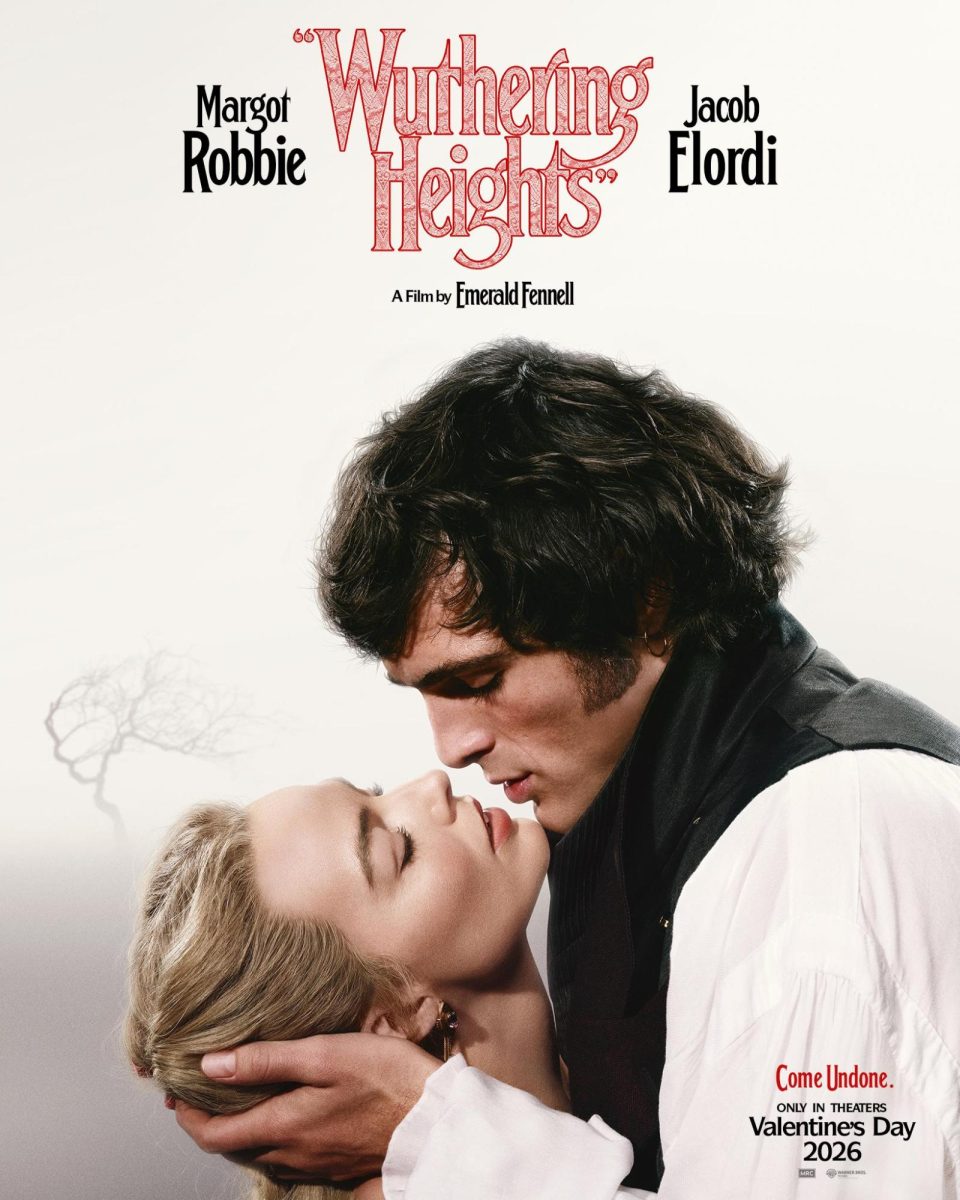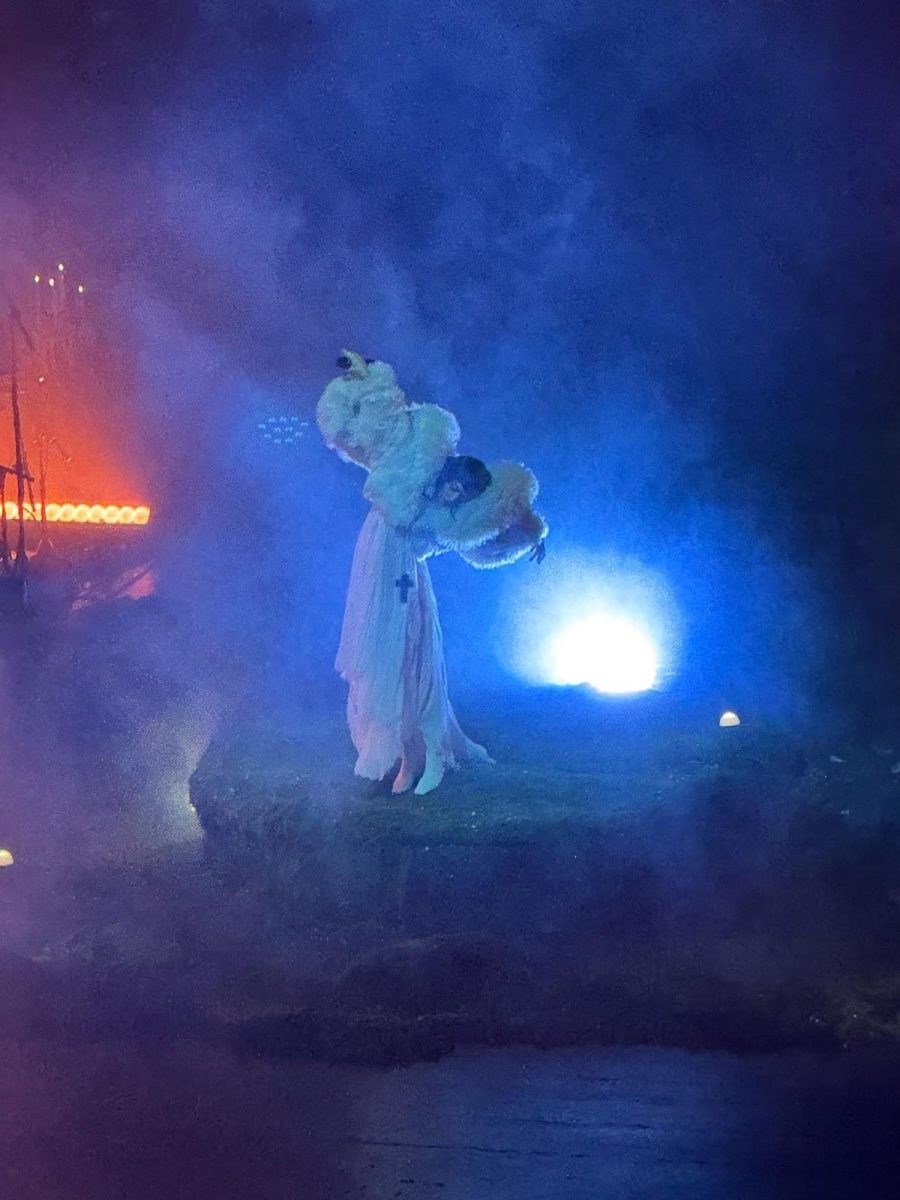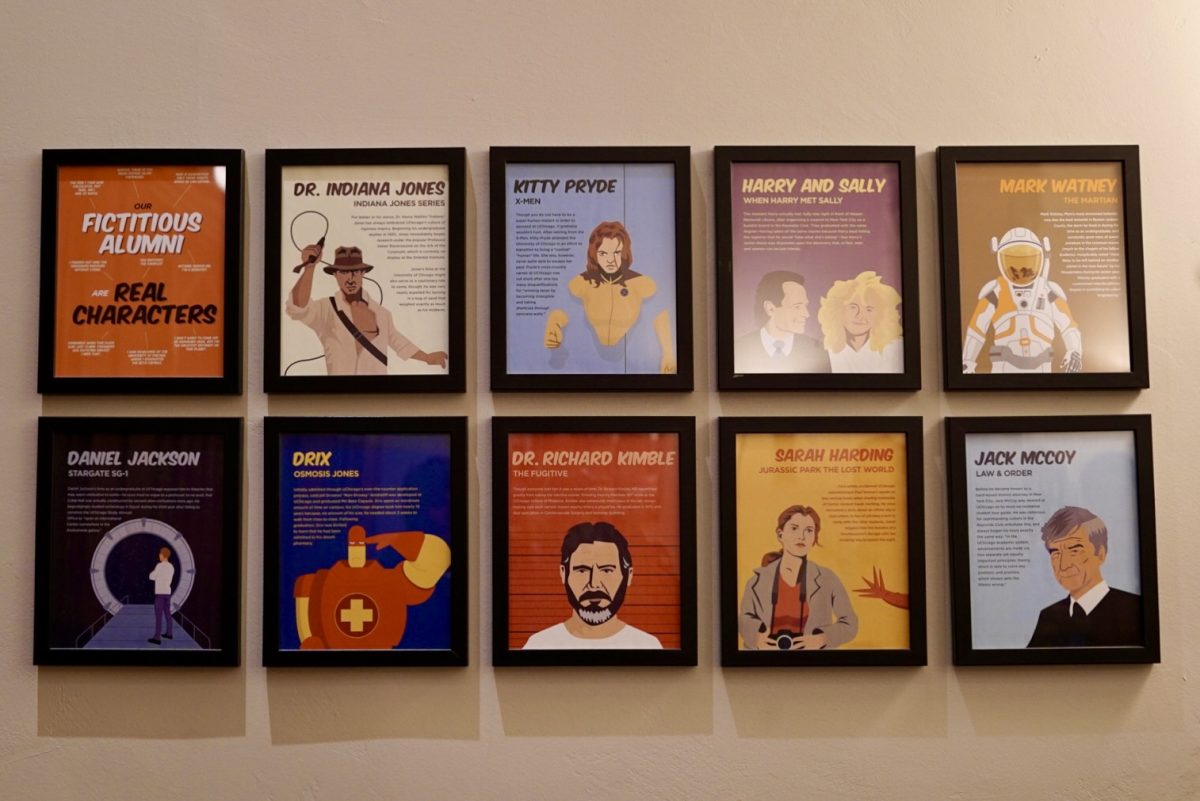In Broadway in Chicago’s Company, a recurring motif foregrounds the entire musical: the number 35, alluding to the 35th birthday of the story’s protagonist, Bobbie. In fact, the number almost seems to loom over Bobbie—as do her friends.
The show follows Bobbie, a woman living in New York whose friends are all married—happily or otherwise. In light of her reaching her mid-30s, all of her friends seem to be asking her when she’s finally going to settle down. In a series of vignettes (of which the chronology is unclear) focusing on Bobbie and one of her married-couple friends, Bobbie wrestles with why she hasn’t found her ‘person’ yet—and whether she even wants to be with somebody in the first place.
Company, which saw its first performance in 1970, is a show that makes it difficult to pinpoint exactly what it is about. Despite being the lead character of the show, Bobbie serves mainly as a proxy through which the audience sees the marriages of her. In one scene, she sits at the corner of a couch as she watches a couple engaging in a jiu-jitsu fight sequence, while in another she witnesses her engaged friend Jamie burst out in a cold-feet-induced breakdown, which leads him to call off the wedding with his fiancé. Despite most of its scenes showing some sort of negative attribute of marriage, the musical also seems to constantly contradict its own critique. “Sorry-Grateful,” a number sung by all of the husbands, confronts exactly those contradictory elements of the show. “Harry, you ever sorry you got married?” Bobbie asks—to which Harry replies “You’re always sorry / You’re always grateful.” The rest of the song is riddled with similar contradictions, seemingly concluding on the same note that it started on. Marriage is beautiful, but it is also horrible and the worst thing in the world. “Sorry-Grateful” is a song that appears to be meaningless, but perhaps that is the point. Marriage is how you look at it and the person you’re with, rather than something that is inherently good or bad. But Bobbie wants answers because she is continuously reminded that she is running out of time.
And this idea of time is further explored in the musical, too. The original Company written by George Furth (and composed by Stephen Sondheim, who passed away in 2021 right before this version of the musical opened on Broadway) starred Bobbie as a man named Robert, nicknamed Bobby. The 2021 version, the version currently on its national tour, gender-flipped its lead. Now, Bobbie isn’t just a person in her 30s who is being told to settle down. Instead, she is a woman who is being told to settle down, which introduces a heavier question: Doesn’t she want to have a serious life, with a husband and children? As this question looms over Bobbie’s head, her apartment—represented by a literal box framed with LED lights—seems to grow smaller and smaller until she can no longer fit inside. She punches at the birthday balloons that read “35.” Instead of a happy celebration of another year passed by, they appear to be a nagging reminder of her ticking biological clock.
Company tackles another subject that feels timely as well: the institution of marriage itself. In “Not Getting Married Today,” Jamie (originally Amy in the 1970 production) breaks down in nerves on the morning of his and Paul’s wedding. The song is iconic for its fast-paced tempo (and as a result, difficulty for the performer)—if there was a song that the audience was already most familiar with, it was this one. But the lyrics hold an additional layer of meaning when Amy is instead Jamie and getting married to another man; as the song goes, a wedding (and marriage at large) is a “prehistoric ritual where everybody promises fidelity forever.” But why must ultimate fidelity only be promised through a traditionally heteronormative institution in the first place, especially for a queer community that has been traditionally excluded from it? It’s an interesting thought, but it is one that seems to get tossed up and unresolved—perhaps a limitation of a show that has changed its script very little from the original version written in the late 1960s.
All this aside, Company was certainly a funny and entertaining show. The dance sequences are choreographed with just the right balance of pizzazz and lightheartedness, and the comedic timing of all of the show’s actors was impeccable. But beyond its flashing lights and laughs, you might find yourself coming back to the same question: What is this show about, and what is it trying to say about marriage? And perhaps that is a question that, as the curtain closes, this show decides to leave unanswered.
Company is currently on its national tour until August 18, 2024.










Angel / Nov 29, 2023 at 10:35 pm
I liked the concept of marriage being ambigious and up to the person!